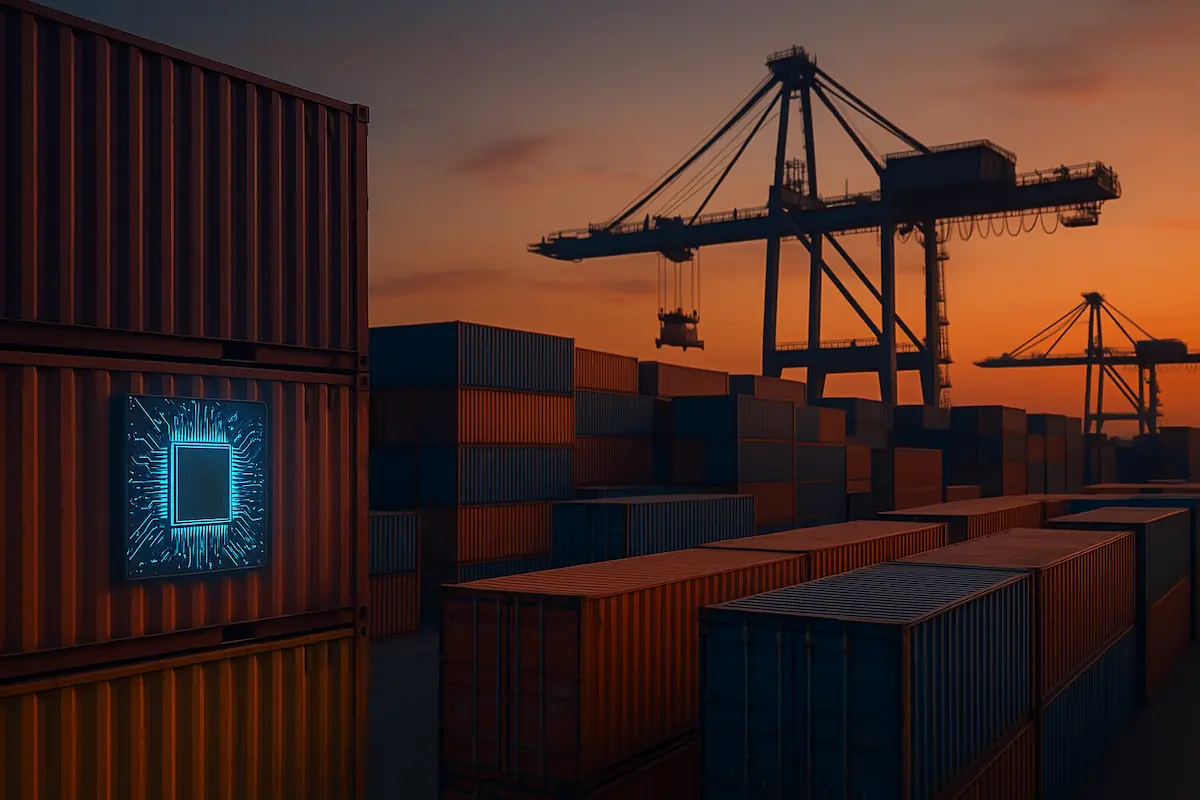
Imagine you are a small but strategic economy in the world. Your ports are among the most efficient in the world, running a wide flow of high -tech products, and your production sector is deeply integrated into the global supply chains.
Then, you receive a letter from the United States, warning that 25 % of tariffs on export imposes you unless you re -negotiate your business.
Well, it seems that Malaysia has provided an attractive response. Just days after the US president Donald Trump threatened new tariffs for Malaysian goods, Malaysia announced that the US -based AI chips need trade permits.
While the authorities have framed this as a security and adaptation action, it shows a more sophisticated image timing, which may indicate a strategic, yet calculated anti -strategic, consistent commercial friction.
It seems that a well -calibrated signal is sending that Malaysia is not merely a passive recipient of business pressure, but a ruling actor who is capable of shaping his supervisory perspective.
Setting the scene – Trump’s tariffs
On July 7, 2025, the Trump administration delivered letters to 14 US trade partners, including Malaysia, threatening 25 % of new tariffs unless they agreed to “fair” trade by August 1.
This was not a subtle diplomacy. This was a clear and general increase in the style of Trump’s signature commercially reminiscent of its first -term trade wars.
Reuters reported that these letters threaten 25 % of Malaysia’s import tariffs, part of a widespread effort to force business partners to re -negotiate bilateral trading.
The CNBC explained that the letters also went to Asian allies such as Japan and South Korea, causing diplomatic frustration and talking about “shock” and “anger” in regional capitals.
Movement Movement – Requires permission for USorigin AI chips
Just a week later, on July 13, 2025, the Malaysian Ministry of Investment, Commerce and Industry (MITI) announced new rules that target a very sensitive part of business relations: USA chips with excellent US performance.
Under this new policy, exporters must apply for export, transfer or transfer of these chips through Malaysia at least 30 days before strategic trade license.
“Malaysia is firm against any attempt to bypass export control or participate in illegal business activities by any individual or company that will face difficult legal action if violated by law.“Malaysia’s Ministry of Investment, Trade and Industry said ..
Formally, Malaysia justified this as a necessary action to prevent the illegal navigation of technology limited to the United States to third parties, especially China.
“Malaysia takes the risks of transferring and deviations of US sensitive technologies for end -to -end and unauthorized destinations,“Added the ministry ..
Shows strategic signaling timing
Is this merely a technical adaptation move? Probably – but it is difficult to ignore it because it is difficult to need a Malaysian license just days after the United States threatened 25 % of tariffs on its export.
While officials insist that the new law reinforces export control, it also acts as a clear signal of Malaysia’s leverage in the global AI chip supply chain.
Malaysia does not impose retaliatory tariffs by strengthening the rules on sensitive technology and the source that passes through its ports, but complicates logistics and adaptation for US companies.
This shows that even smaller economies can do meaningful control when pressure.
This measured strategic response shows that the trade lever can execute both methods, sending a gentle but unimaginable message that Malaysia simply does not absorb trade pressure without using its own tools.
Consequences of global supply chains
This section offers a clear lesson in modern business policy: weapons supply chains as well as lifetime.
The new Malaysian license regime does not only affect the direct trade of Malaysia and the United States, but it also has the potential to eliminate the world’s semiconductor ecosystem, especially the gray area of Southeast Asia, which provides flexibility for traders and manufacturers.
It also shows that trade wars do not only create minor tariffs. They can create more advanced and targeted movements that create deformation supplies, adaptation loads, and power dynamics in the advanced industry.
Reading between lines
In international trade, words are important, but the timing is even more.
While the new Malaysian license requires AI chips in the United States as adaptation, suspicious and firm time following Trump’s tariff threats shows more.
At least, this indicates that Malaysia does not attract US trade pressure without claiming its control.
This may not be an obvious “retribution” in the traditional sense.